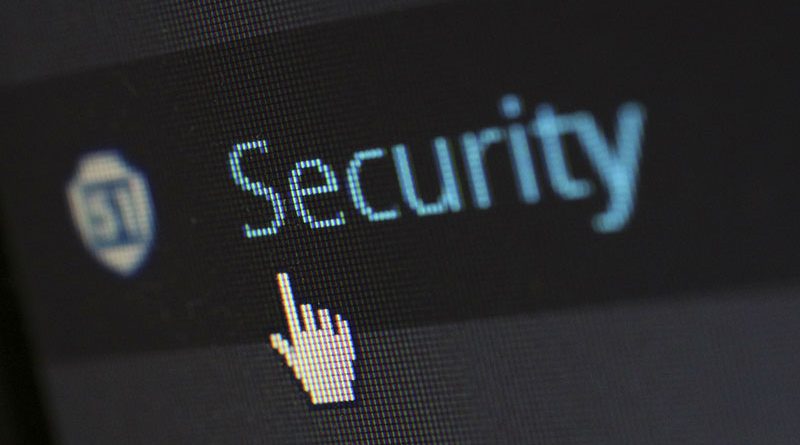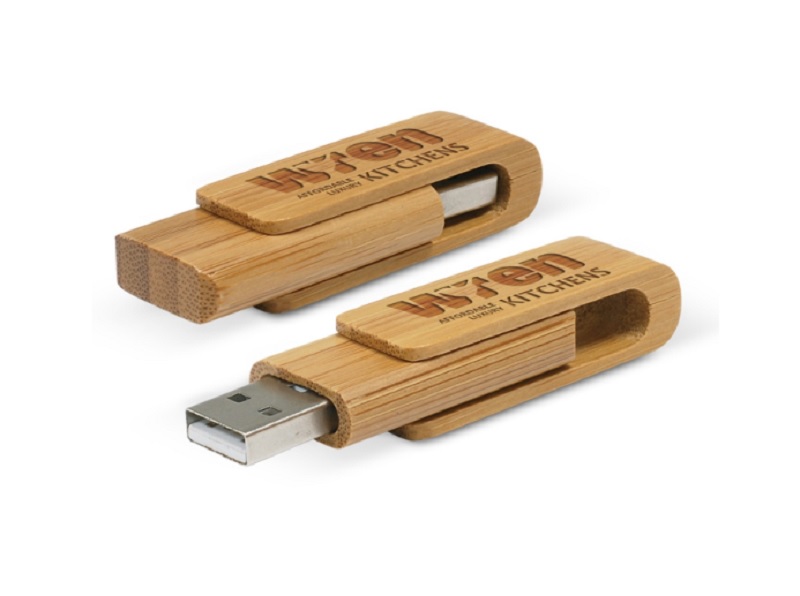If you have a computer then it becomes your utmost responsibility to protect it. Of course, there is data stored inside it. Hence, it becomes crucial for you to take the necessary steps to safeguard it.
Today, in this blog, we have mentioned down the easy tips on keeping your computer safe and secure. To know more about it keep scrolling until you reach down!
1. Strong Passwords
The first tip for a secure and safe computer is to have strong passwords. Sometimes, people end up putting very weak passwords like birth dates and all such and that is very harmful for the overall network security of the system. Due to which it becomes easy for the hackers to get the information.
Therefore, having strong and complex passwords is essential for the safety of the data. In case, if you are someone who keeps on forgetting the passwords, then guess what having a password manager saves you from all the hassle.
2. Turn on the Windows Firewall
Windows has also the built-in firewall that protects the PC from the unwanted attention in receiving through the internet. Hence, turn on the firewall status.
3. Keep Updating the Software and Browser
Another important tip to remember in keeping the computer safe is by updating the software and browser to its latest version.
Did you know that the web browsers also contain bugs like software?
Well, to your surprise, it does contain bugs because of which the attackers attack and exploit the browser. Sometimes, web browsers also store passwords, credit card numbers, and many more things. Hence, update the software and browser to the latest version.
4. Protecting the Computer
As much as the software needs protection, one also needs to be cautious in preserving the hardware and outer cover of the computer. For the CPU you can have the Desk CPU Holder, while for the computer you can have the monitor arm for convenient usage, mouse pads, and many accessories for the protection.
5. Backing Up The Data
Having data stored somewhere safely is significantly important. Hence, always keep a scheduled backup so that it helps you from the unprotected data loss.
6. Secure Connections
ALWAYS use secure connections. Never ever, connect your phone or computer, or any other device to the unknown network that is not secured enough. When you connect to the unknown internet your device and the data becomes vulnerable to it. Hence, the chances of getting your device and data hacked increases rapidly.
7. Encrypting the Confidential Data
If possible, try to encrypt the confidential data on the portable device and media. Alongside, install anti-virus, anti-spam, and anti-spyware tool.
8. Educate Staff and Employees
Whether you have a small business or run a huge MNC, it is essential to keep them educated with the latest hacks, techniques, and company policies. By doing so, you are mitigating the risks of breaching the information.
9. Securing the E-mail
Secure your e-mail b converting all the incoming HTML content to the plain text and ensure to block the file extensions except the one or two you wish to allow.
10. Preventing the Installation
Prevent the installation of unknown programs and software. Always keep yourself updated with what is running in the background. If you don’t know what’s happening in the system then you will not be able to take necessary steps.



